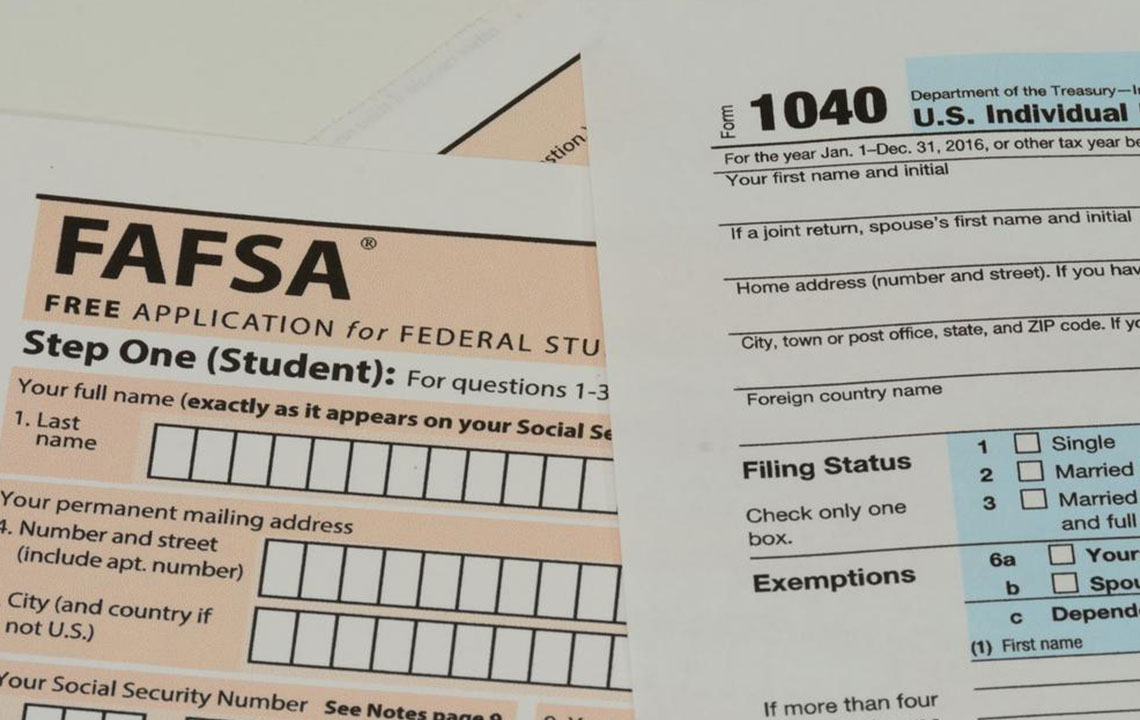Ultimate Guide to Securing Free Education Grants: Unlock Financial Aid Opportunities
This comprehensive guide offers valuable insights into securing free educational grants, covering eligibility, application steps, and types of available financial aid. Learn how to maximize your chances of obtaining funding for higher education and make college more affordable. From federal programs to private scholarships, explore the resources to support your academic goals and reduce financial barriers effectively.

Ultimate Guide to Securing Free Education Grants: Unlock Financial Aid Opportunities
Learn everything you need to know about obtaining free educational grants to make your higher education dreams a reality
Embarking on higher education can open numerous career pathways and personal growth opportunities, yet the steep costs associated with college and university programs often serve as a barrier for many aspiring students. Tuition fees, accommodation expenses, textbooks, and other related costs can accumulate quickly, sometimes discouraging talented individuals from pursuing their academic goals. However, there is hope: various free educational grants are available to support students financially and help reduce the burden of college expenses.
In this comprehensive guide, we will explore the essential aspects of securing free educational grants, demystifying the application process, the types of grants available, and strategic insights to maximize your chances of success. Whether you’re a prospective college student, a parent, or an educational advocate, understanding the landscape of grants and how to navigate it can be transformative for your academic journey.
Distinguishing Between Grants and Scholarships
Many individuals often confuse grants and scholarships, but understanding the differences is crucial for effective planning and application. Both are forms of financial aid that do not require repayment, making them highly desirable options for students seeking funding. However, their sources, eligibility criteria, and application focuses vary significantly.
Funding Sources: Scholarships are typically awarded by educational institutions, private groups, corporations, and non-profit organizations based on merit, talent, or other achievements. Grants usually originate from federal and state government agencies, as well as universities and certain foundations, primarily emphasizing need-based criteria.
Eligibility and Criteria: Scholarships tend to reward academic excellence, extracurricular achievements, leadership qualities, or specialized talents. Many scholarships are merit-based, rewarding talent or high academic performance. Conversely, grants focus on economic necessity, requiring proof of financial hardship to qualify. For federal grants, citizenship status is often a prerequisite.
When preparing your applications, prioritize accurately demonstrating your financial situation and academic accomplishments. Ensuring all documentation is precise and submitted before deadlines is essential to maximize your chances.
Step-by-Step Guide to Applying for Free Educational Grants
Self-Assessment: Begin by evaluating your academic record, skills, career ambitions, and personal achievements. This helps in identifying suitable funding programs and estimating your financial needs.
Research Funding Opportunities: Explore a broad spectrum of sources including federal programs, state-based grants, private foundations, nonprofits, and community organizations.
Shortlisting Opportunities: Narrow down options based on eligibility. For example, children of military personnel might qualify for specific grants like the Iraq and Afghanistan Service Grants. Make sure to focus on grants that match your circumstances and goals.
Preparation and Submission: Gather all necessary documents, including financial records, transcripts, recommendation letters, and essays if required. Review your applications meticulously to avoid mistakes and ensure completeness. Submit before deadlines, keeping copies of all materials for future reference.
Popular Types of Free Educational Grants for College Students
Talent-Based Grants: For students excelling in sports, arts, music, or other areas, there are specialized grants designed to support their passions and talents. These awards often consider skill level, portfolio, or performance achievements.
Women-Focused Grants: Several colleges and organizations offer grants targeted at female students to promote gender equality and encourage women in higher education. Examples include grants at institutions like Wellesley, Barnard, and Spelman College.
Field-Specific Grants: Private sector and nonprofit organizations frequently offer funding for students pursuing specific disciplines. For instance, agricultural grants are available through the Future Farmers of America, and STEM-focused scholarships promote careers in science, technology, engineering, and mathematics.
Federal Grant Programs and Their Eligibility
Federal Pell Grants: Designed primarily for undergraduate students with significant financial need. Pell Grants are among the most accessible federal grants and do not require repayment.
FSEOG (Federal Supplemental Educational Opportunity Grants): This program supplements Pell Grants and provides additional funds to students with exceptional financial need.
TEACH Grants: For students committed to becoming teachers, especially in underserved areas, TEACH Grants provide financial support in exchange for teaching service commitments.
Iraq and Afghanistan Service Grants: A special category of grants offering support to students whose parent or guardian died as a result of military service in Iraq or Afghanistan.
To capitalize on these opportunities, it is crucial to understand each program's eligibility requirements, application procedures, and deadlines. Planning ahead and thoroughly preparing your documentation can significantly improve your chances of securing these grants.
By familiarizing yourself with the various federal programs, understanding the distinctions between types of aid, and carefully developing your application materials, you can considerably enhance your prospects of obtaining free educational funding. This financial assistance can alleviate the heavy burden of college expenses, enabling you to focus on your academic pursuits and future career goals. Remember, early preparation, diligent research, and persistent effort are key to unlocking these vital opportunities for your educational advancement.





